ASD (Autism Spectrum Disorders)
-
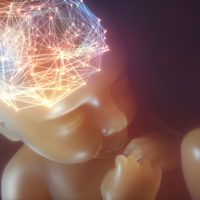
Identifying imaging biomarkers in the neonatal brain
The past decade has seen great improvements in magnetic resonance imaging technologies, such that it is now possible to image the developing brain in utero. In 2018, Dafnis Batalle and colleagues compiled an Annual Research Review for the Journal of Child Psychology and Psychiatry, where they evaluated the current status of neuroimaging research in neonates and paediatrics to determine the origins of neuropsychiatric and neurodevelopmental disorders.
Read more -
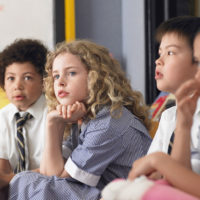
Neuroscientific insight can boost learning: neuro-fact or neuro-fiction?
Earlier this year, Professor Michael Thomas and colleagues compiled an Annual Research Review for the JCPP, highlighting the contributions that neuroscience can make to understanding learning and classroom teaching. Here, we summarise their main findings, the current challenges to the field and the future of educational neuroscience.
Read more -

What does a CAMHS MDT need to know about the genetics of psychiatric disorder?
Our knowledge of the genetics of psychiatric disorders has increased rapidly in recent years. Discover what has been learnt, focusing on some of the psychiatric disorders commonly seen in CAMHS, before going on to discuss how these findings may be relevant to clinical practice.
Read more -
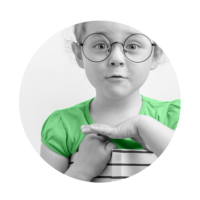
ASD Masterclass – Adapted Therapy for Young People; CBT and Mindfulness approaches
Mental health problems commonly co-occur with Autism Spectrum Disorder (ASD), and yet these problems often go untreated. This can be due to a number of factors including diagnostic overshadowing and difficulty recognising and assessing these problems. There is now good research evidence demonstrating the high prevalence rates – and sometimes atypical phenomenology – of mental […]
- Event type
- Masterclass
- Location
- Dublin
-
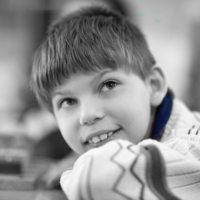
Learning Disability Special Interest Group
This is the latest in a series of talks arranged by the ACAMH Learning Disability Special Interest Group (LASER SIG). It is dedicated to sharing of specialist knowledge, skills and updates on relevant research and service development. Presentation ‘Ealing Intensive Therapeutic and Short Break Service – preventing residential care for children with learning disabilities and challenging […]
- Event type
- SIG
- Location
- London
-
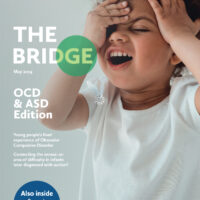
ASD and OCD
This edition of ‘The Bridge’ focusses on Autism Spectrum Disorders and Obsessive Compulsive Disorder. Both of these can resemble each other with the over-focus, special interests and anxieties seen in ASD resembling the obsessions of OCD, and the routines, rituals and need for order and sameness that can be seen in ASD resembling the compulsions in OCD.
Read more -

Neurodevelopmental Disorders, an interview with Dr Max Davie
Dr. Max Davie talks about Neurodevelopmental Disorders, and how you can get involved in ACAMH’s Neurodevelopmental Special Interest Group.
Read more -

Autism Spectrum Disorders and Obsessive Compulsive Disorder edition
This edition of ‘The Bridge’ focusses on Autism Spectrum Disorders and Obsessive Compulsive Disorder. Both of these can resemble each other with the over-focus, special interests and anxieties seen in ASD resembling the obsessions of OCD, and the routines, rituals and need for order and sameness that can be seen in ASD resembling the compulsions in OCD.
Read more -
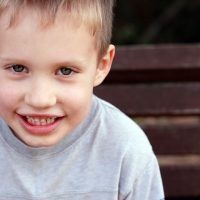
Autism Awareness Day 2019
Celebrating Autism Awareness Day 2019 we want to make you aware of the free resources we have.
Read more -
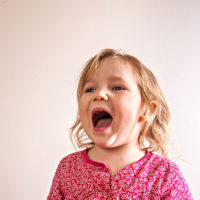
Connecting the senses: an area of difficulty in infants later diagnosed with autism?
Autism Spectrum Disorder, or autism for short, can be diagnosed from around 2-3 years in most cases (although in practice, it is often done much later – for various reasons). It is a neurodevelopmental condition, meaning that in order to understand it we need to understand the underlying developmental processes, in both brain and behaviour.
Read more